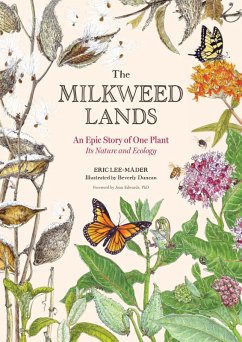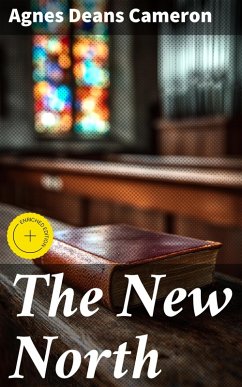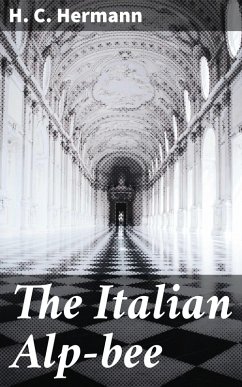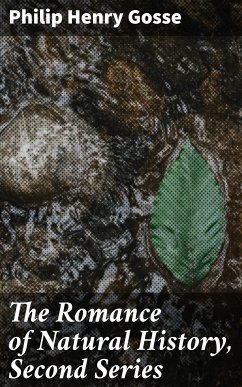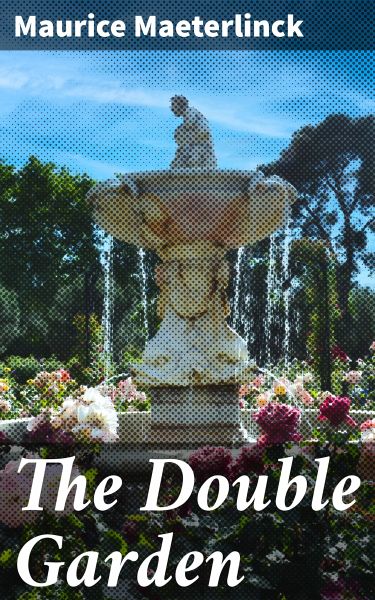
The Double Garden (eBook, ePUB)
Enriched edition. Exploring the mystical connection between nature and the human soul
Kommentar: Ewing, Garrett / Redaktion: Good Press / Übersetzer: Sutro, Alfred; Teixeira De Mattos, Alexander

PAYBACK Punkte
0 °P sammeln!
In "The Double Garden," Maurice Maeterlinck explores the intricate relationship between nature and human emotion through a series of allegorical essays and poetic reflections. The book is divided into two parts, where the author delves into the duality of existence'-one reflecting the visible, tangible world, and the other the hidden depths of the soul. Maeterlinck's prose is tinged with a mystical quality, employing rich imagery and layered symbolism that invites readers to ponder the mysteries of life and the interconnectedness of all beings within the natural world. The philosophical underp...
In "The Double Garden," Maurice Maeterlinck explores the intricate relationship between nature and human emotion through a series of allegorical essays and poetic reflections. The book is divided into two parts, where the author delves into the duality of existence'-one reflecting the visible, tangible world, and the other the hidden depths of the soul. Maeterlinck's prose is tinged with a mystical quality, employing rich imagery and layered symbolism that invites readers to ponder the mysteries of life and the interconnectedness of all beings within the natural world. The philosophical underpinnings of this work resonate with the themes prevalent in the Symbolist movement, which Maeterlinck was a key figure in, emphasizing experience over rationality and the subjective nature of reality. Maurice Maeterlinck, a Belgian playwright, poet, and essayist, was profoundly influenced by the intricacies of nature and the philosophical inquiries of his time. Awarded the Nobel Prize in Literature in 1911, Maeterlinck's life experiences, including his fascination with the workings of the natural world and the human psyche, inform the introspective tone of "The Double Garden." His exploration of the uncharted territories of emotion and existence reflects his broader commitment to understanding the essence of life through metaphysical inquiry. I highly recommend "The Double Garden" to readers seeking an evocative examination of the symbiosis between the inner self and the external environment. Maeterlinck's lyrical style captivates while inviting deep reflection, making this work an enriching addition to the libraries of those interested in philosophy, nature, and literature. Those intrigued by the Symbolist movement or existential literature will find this book particularly rewarding. In this enriched edition, we have carefully created added value for your reading experience: - A succinct Introduction situates the work's timeless appeal and themes. - The Synopsis outlines the central plot, highlighting key developments without spoiling critical twists. - A detailed Historical Context immerses you in the era's events and influences that shaped the writing. - An Author Biography reveals milestones in the author's life, illuminating the personal insights behind the text. - A thorough Analysis dissects symbols, motifs, and character arcs to unearth underlying meanings. - Reflection questions prompt you to engage personally with the work's messages, connecting them to modern life. - Hand-picked Memorable Quotes shine a spotlight on moments of literary brilliance. - Interactive footnotes clarify unusual references, historical allusions, and archaic phrases for an effortless, more informed read.
Dieser Download kann aus rechtlichen Gründen nur mit Rechnungsadresse in A, B, BG, CY, CZ, D, DK, EW, FIN, F, GR, H, IRL, I, LT, L, LR, M, NL, PL, P, R, S, SLO, SK ausgeliefert werden.




